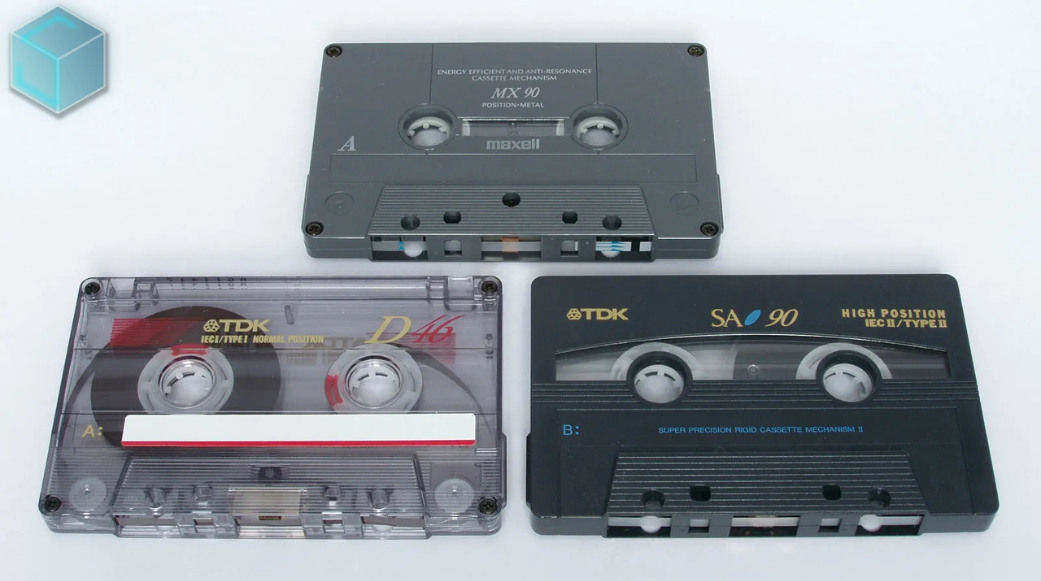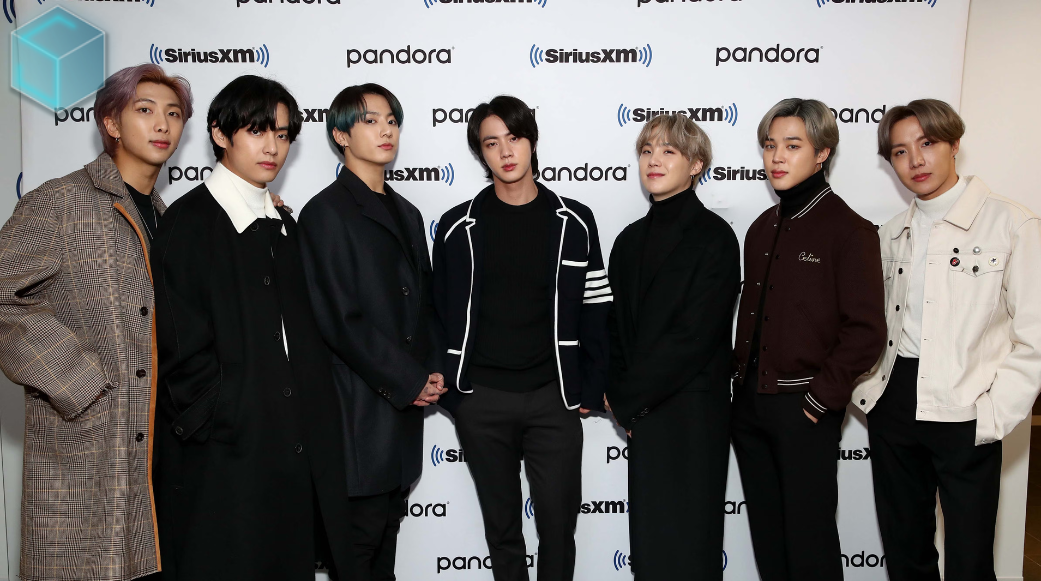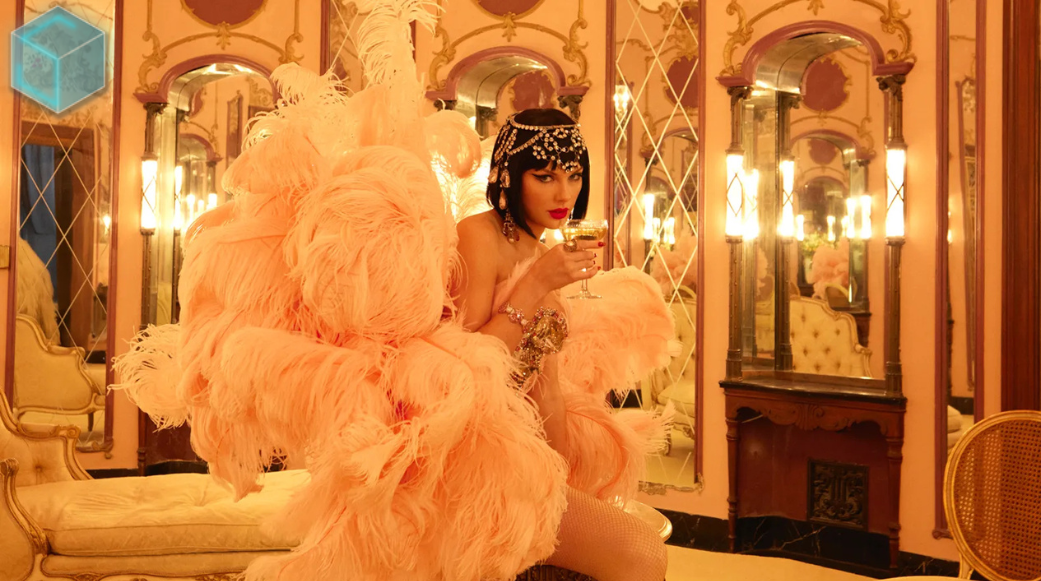
October 23, 2025
Discover how Mix Master strengthens your brain just like an instrument - training focus, creativity, and emotional intelligence through the science of sound.
Read more.png)
September 8, 2025
Tools like Suno are now powerful enough to generate melodies, lyrics, and even full songs in seconds. That’s exciting—and controversial. Just ask Timbaland. Recently, he came under fire..
Read more
August 23, 2025
The 1980s and 1990s analog music medium known as cassette cassettes is experiencing an unanticipated comeback, with Gen Z spearheading the trend. Taylor Swift, who included cassettes in the release...
Read more
August 23, 2025
This week's most notable headline: Doja Cat's erotically charged, '80s-inspired music video, "Jealous Type," is dominating social media feeds and cultural discourse, marking her most daring...
Read more
August 23, 2025
J-hope and GloRilla's "Killin' It Girl," a spectacular blend of K-pop flare and shameless hip-hop heat that has taken the world by storm, is this week's winner of the Best Collaboration of Summer...
Read more
August 23, 2025
Carly Rae Jepsen is giving fans the ultimate gift for the 10th anniversary of her critically adored album Emotion: a special edition featuring four never-before-heard tracks and two fresh remixes...
Read more
August 23, 2025
The wait is over, ARMY! BTS is officially back together and balancing work and play in their first moments of reunion after completing mandatory military service. J-Hope sent fans into a frenzy...
Read more
August 23, 2025
Christian music stepped outside of its quiet comfort zone in 2025. "Hard Fought Hallelujah," a worship song by Brandon Lake, went platinum, sold out festival stages, and exploded from churches to...
Read more
August 23, 2025
In late July 2025, Christian artist Forrest Frank (of Surfaces, now a solo juggernaut in faith-pop) posted from a hospital bed: he’d fractured his L3 and L4 vertebrae in a skateboarding accident...
Read more
August 21, 2025
On September 16, the masked metal phenomenon Sleep Token will embark on their 2025 "Even In Arcadia Tour" across North America. The 18-show tour, which includes a huge date at Brooklyn's Barclays...
Read more
August 21, 2025
Due to a line dance that went viral and won over fans' hearts both inside and outside of the United States, 22-year-old Tre Little's song "Boots on the Ground" has become a cultural sensation this...
Read more
August 21, 2025
In addition to preparing for her next album, The Life of a Showgirl, Taylor Swift is reviving the physical medium this week by putting her songs on cassette tapes. This sentimental action...
Read more.png)
When Lorde’s breakout single “Royals” first hit airwaves, it was clear the pop landscape was about to change. At just 16, Ella Yelich-O’Connor, the New Zealand artist known as Lorde, captivated the world with her unique sound and enigmatic persona. With a gothic aesthetic and introspective lyrics, Lorde defied pop norms, standing out in a genre dominated by glossy, euphoric productions. Her debut album, *Pure Heroine*, which turns ten this year, didn’t just launch her into superstardom—it reshaped pop music for a generation.
A Star on the Rise
Discovered at just 12 years old at a school talent show, Lorde spent years honing her craft under the guidance of producer Joel Little. By 2013, her single “Royals” became an anthem, climbing the charts and making her the youngest artist in 25 years to top the U.S. Billboard Hot 100. What set “Royals” apart was its fusion of pop and alternative sensibilities, its minimalist production, and lyrics that critiqued the lavish lifestyles often glorified in pop culture.
The track’s unorthodox sound—a simple loop of snapping fingers and drums paired with Lorde’s dynamic contralto vocals—blurred genre boundaries, signaling a shift in music. Drawing inspiration from hip-hop, electronic, and alternative music, Lorde created something both deeply personal and universally relatable.
Breaking the Pop Mold
Released three months after “Royals,” *Pure Heroine* was hailed as a masterpiece, earning accolades like “Best Album of the Year” from *The New York Times* and a Grammy nomination. The record’s ten tracks diverged from typical pop themes, steering clear of love songs in favor of exploring teenage angst, self-discovery, and suburban monotony. Tracks like “Tennis Court” and “Team” showcased her introspection and sharp lyricism, chronicling a young girl’s journey to find her place in the world.
Lorde’s refusal to conform to pop tropes extended beyond her music. Her decision to write her own lyrics—rare for pop stars at the time—added authenticity and emotional depth. In an industry where teenage perspectives were often filtered through older, male-dominated teams, Lorde’s voice was refreshing and unfiltered.
The Voice of a Generation
With *Pure Heroine*, Lorde elevated the stories of teenage girls, turning their ordinary struggles into poignant anthems. The album’s lyrical honesty and vulnerability made her a relatable figure for young listeners while forcing critics to take pop music more seriously. She proved that pop could be both commercially viable and intellectually engaging.
Lorde’s signature “cursive singing”—a style that emphasizes vowel transitions to convey emotion—became a defining characteristic, influencing artists like Billie Eilish and Olivia Rodrigo. While often parodied today, this vocal technique was a groundbreaking way for Lorde to infuse emotion into her melodies.
Redefining Pop’s Place
In a 2013 interview, Lorde defended pop music, saying, “Pop is really powerful, and if I’m a pop star, then I’ll be that to the best of my ability.” This unapologetic embrace of pop as a vehicle for meaningful storytelling helped reshape its cultural status. No longer just a “guilty pleasure,” pop became a respected genre in its own right, thanks in part to Lorde’s influence.
A Lasting Legacy
Over a decade later, the impact of *Pure Heroine* remains undeniable. It sold over 3 million copies worldwide and became a blueprint for artists seeking to merge introspection with mainstream appeal. Lorde didn’t just change the sound of pop; she redefined its purpose, making it a space for authenticity and innovation.
As we celebrate the ten-year anniversary of *Pure Heroine*, it’s clear that Lorde’s artistry was more than a moment—it was a movement. By unapologetically claiming her space, she paved the way for a new generation of artists, leaving an indelible mark on music history.